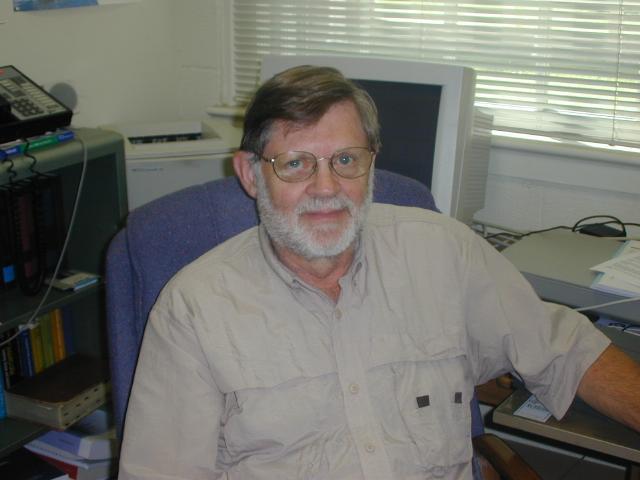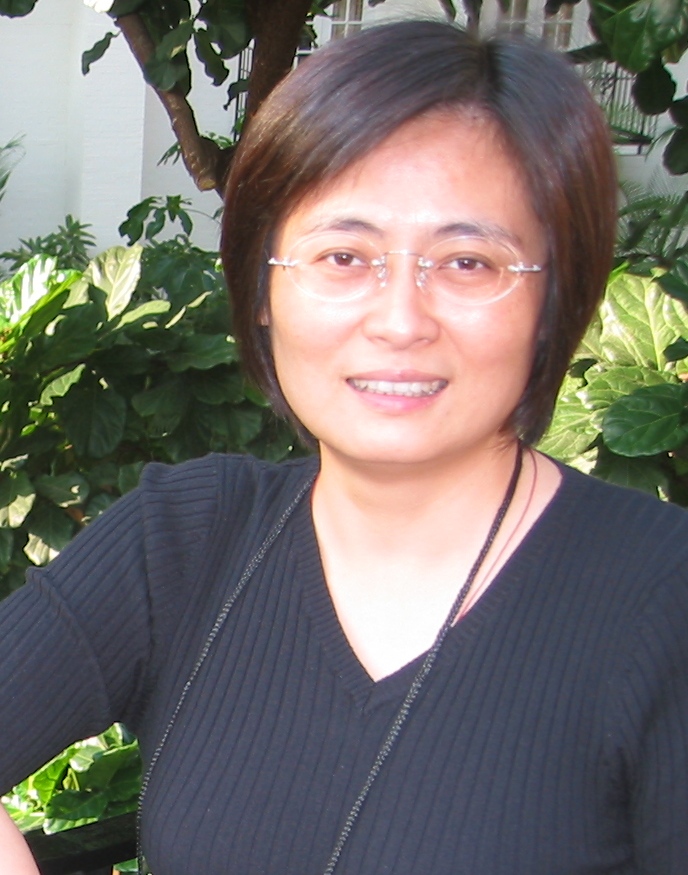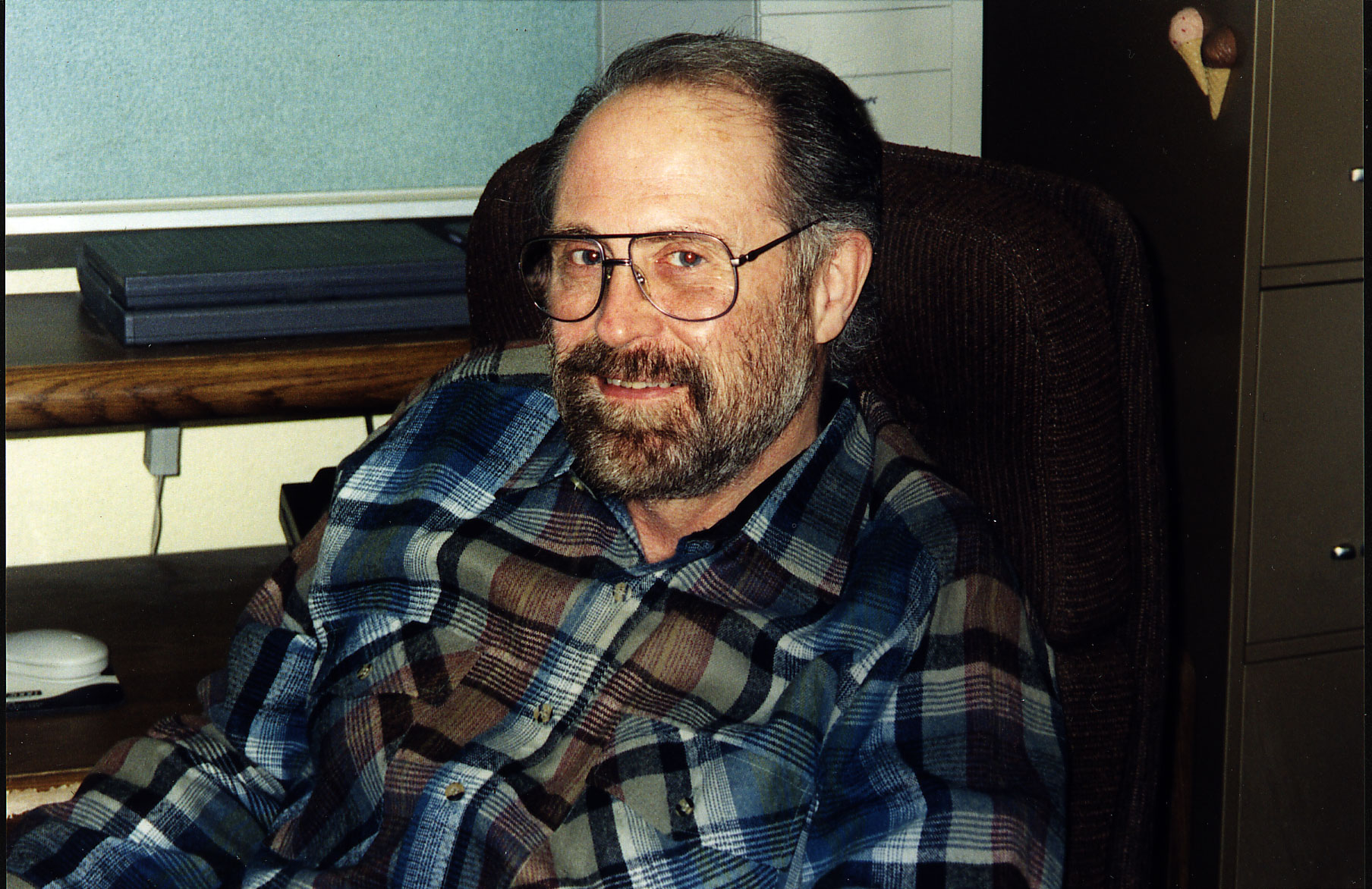
C. Mitchell Dayton, Department of Measurement, Statistics & Evaluation, University of Maryland
C. Mitchell Dayton is Professor Emeritus in the EDMS Department at the University of Maryland. For more than 20 years, he has pursued a research interest in latent class analysis and in 1999 he published a Sage book dealing with latent class scaling models. Recently, he has focused on model comparison procedures with a special interest in approaches based on information theory and Bayes factors. His research has appeared in journals such as The Journal of The American Statistical Association, Psychometrika, American Statistician, Multivariate Behavioral Research, Applied Psychological Measurement, Journal of Educational and Behavioral Statistics, British Journal of Mathematical and Statistical Psychology, Psychological Methods, and Journal of Educational Measurement.





